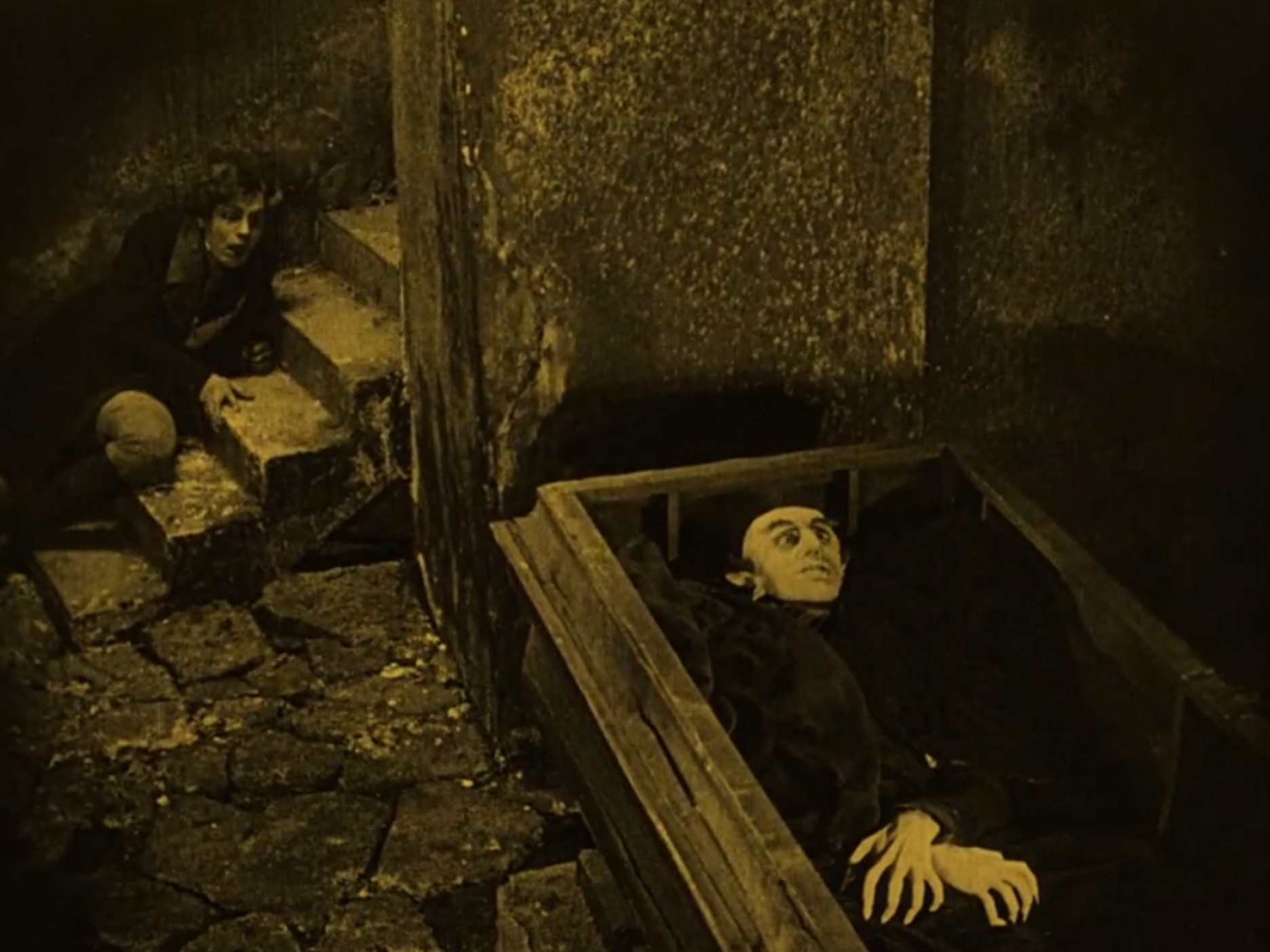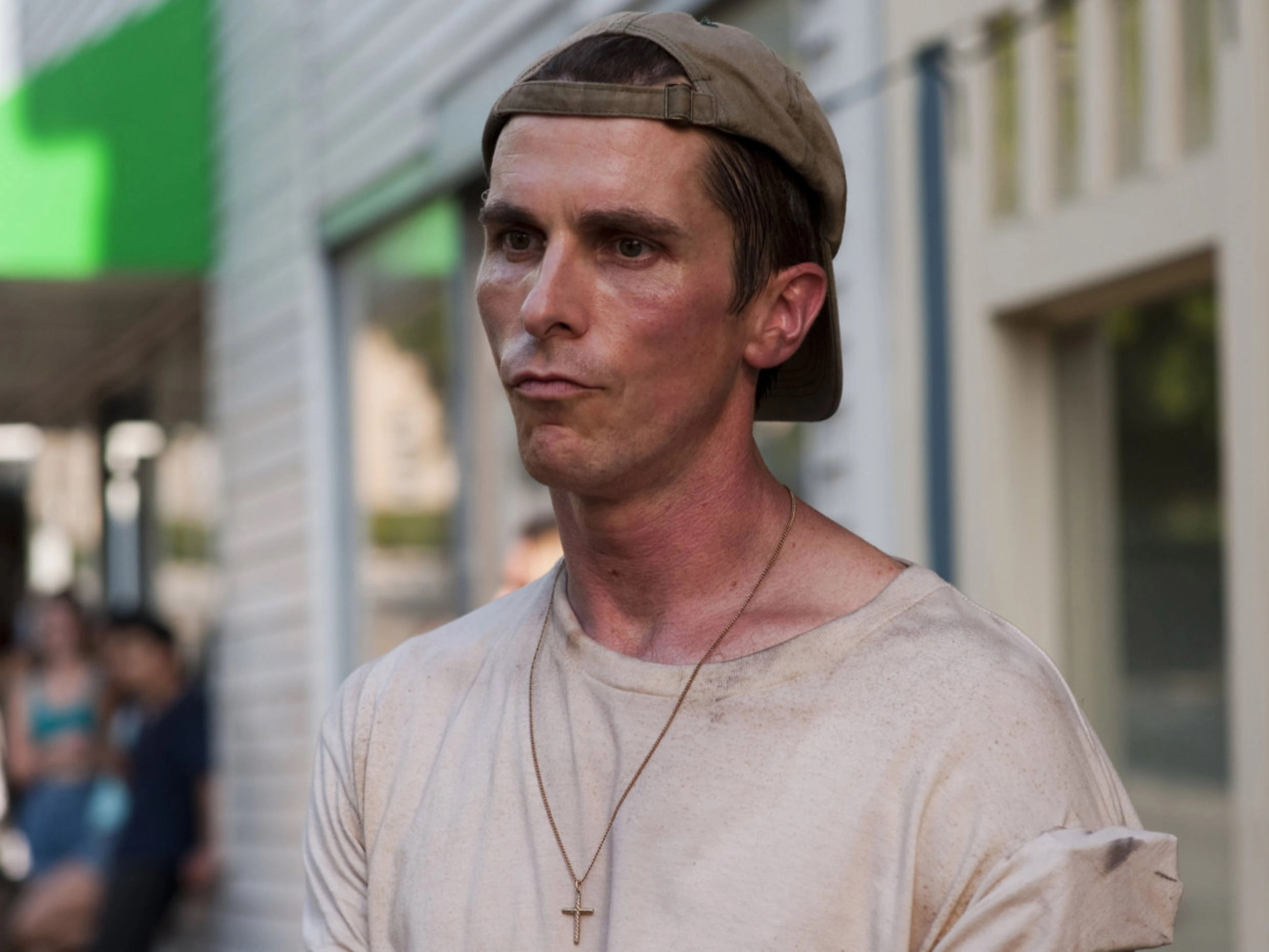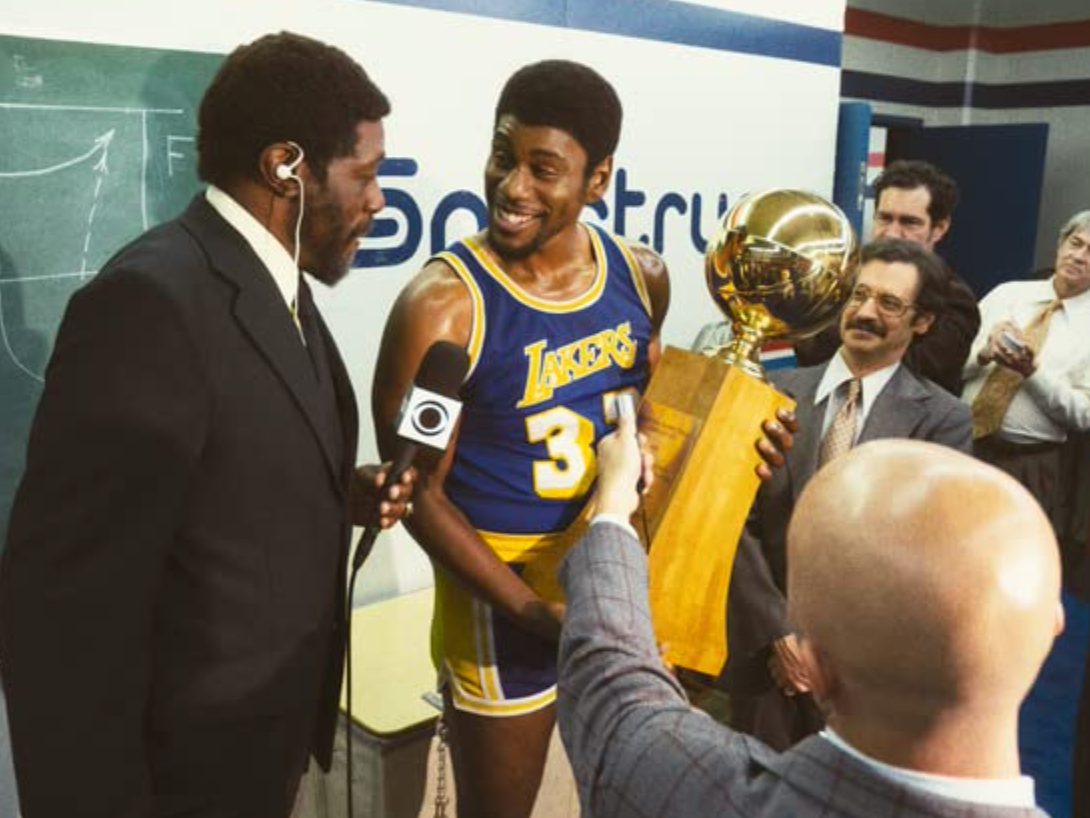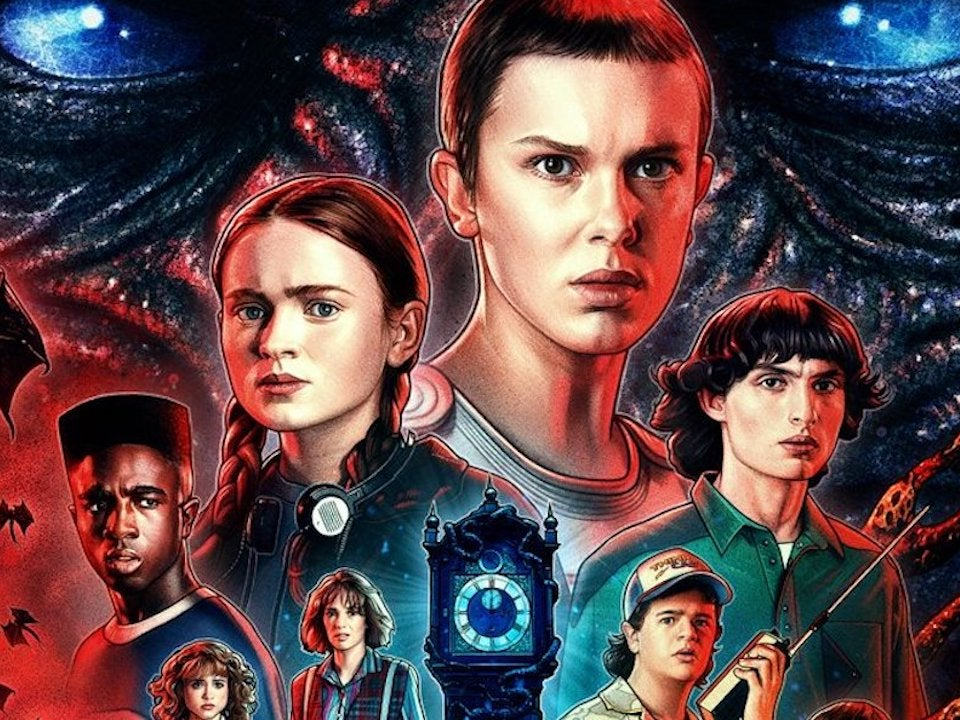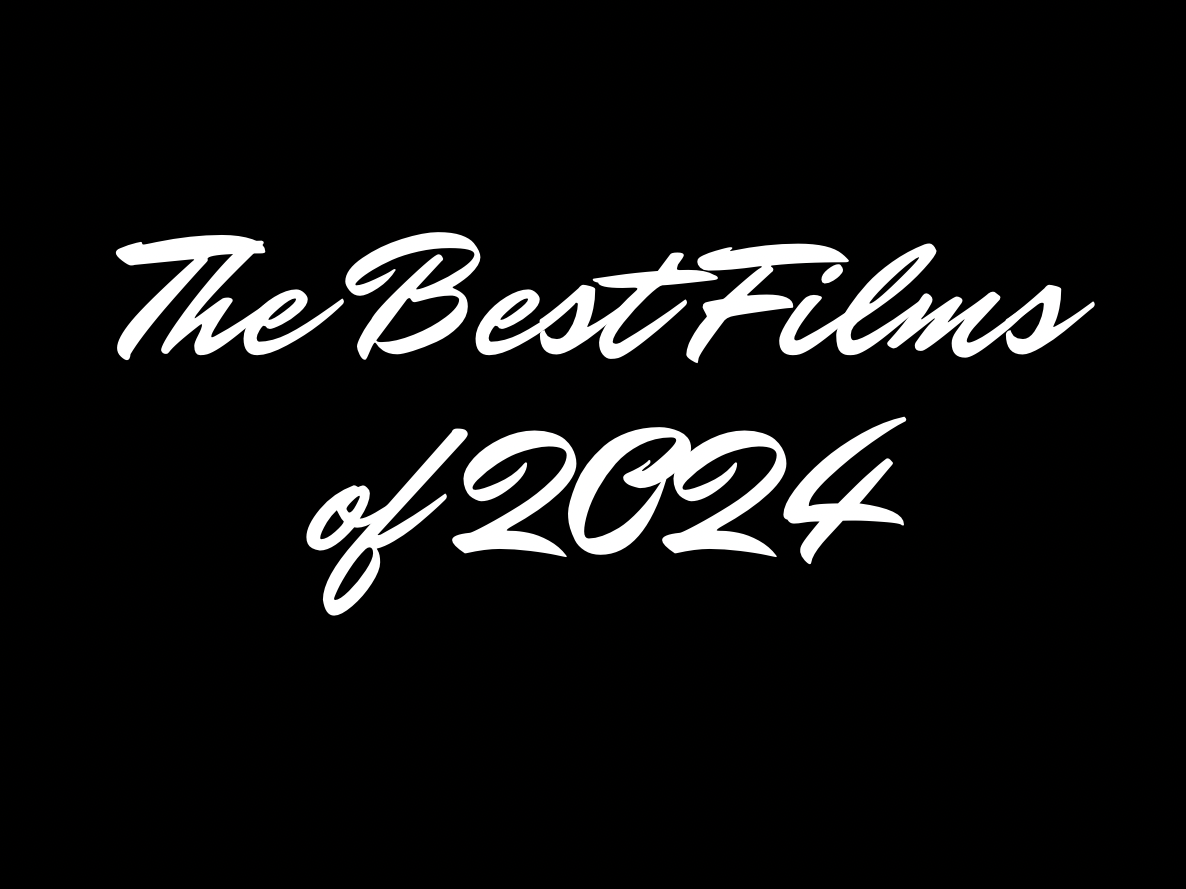Chernobyl Toils Toward Truth: The Soviets, Mankind, and Us
written by Devin Baron
I freed up some time this week to watch Chernobyl, the award-winning HBO miniseries of 2019. When I finally sat down and clicked on episode 1, I knew two things:
#1: It is a top 5 rated television show on IMDB.
#2: It is extremely sad and extremely gruesome.
Both delivered. One may be a more definite point than the other. Although the series is depressing and graphic at times, as advertised, I was hardly ever drawn into the state of distraught that I so cautiously anticipated. However, watching the credits roll always left me wanting more. Luckily for me, I was able to do that in four of the instances because there was a following episode. My craving for another episode every time speaks to the other point listed above --- the show is incredible.
Craig Mazin, the show’s creator, provides a terrific structure. In the final moments of episode 5, we are given a closing monologue from the protagonist, Valery Legasov. The last words we hear are, “What is the cost of lies?” It is only then that we realize Legasov’s answer to this question is in episode 1’s opening monologue. The intro is the answer to the outro. The stories we watched are the recordings on the tapes. Mazin connects it all.
The directing works to compliment the writing. Chernobyl doesn’t have meth like Breaking Bad, but if you get high on the tiny details - down to the colors of clothes - then Chernobyl is the hit you need in your life right now. In the opening scene, Johan Renck shows us a pet, a bloody handkerchief, and a grungy voice of remorse. Without giving too much away, those visuals are important and super fun to notice on the rewatch.
The acting also lives up to the hype. Jared Harris, Stellan Skarsgard, and Emily Watson each play a character that must bear an increasingly heavy weight throughout the series. They continually deteriorate as they manage the disastrous situation. The burden of their trauma is evident in their sunken faces.
The entire supporting cast shows out, all the way down to the control room engineers. Played by Robert Emms and Sam Troughton, the engineers appear genuinely terrified and misunderstood when forced to carry out orders with which they disagree.
If you are interested in how the cinematography, editing, sound design, and production design came together, read the awards they received. It is a long list. Unlike the night shift at Chernobyl, this below-the-line team was pretty good.
---------------------------------------------------------------------------------------------------------------------------------
“What is the cost of lies?” This is what Chernobyl queries. In episode 5, when asked to explain in court how an RBMK reactor core explodes, Legasov says this:
“When the truth offends, we lie and lie until we can no longer remember it is even there, but it is still there. Every lie we tell incurs a debt to the truth. Sooner or later that debt is paid. That is how an RBMK Reactor Core explodes. Lies.”
When giving an answer for the cost of lies, Legasov says this:
“It’s not that we’ll mistake them for the truth. The real danger is that if we hear enough lies, then we no longer recognize the truth at all. What can we do then? What else is left but to abandon even the hope of truth and content ourselves instead with stories?”
This should challenge us as human beings. The show is a critique of the Soviet Union, sure. But it is also a critique of mankind, and it is a critique of us. Chernobyl toils toward truth. It shows truth hindered by the incessant pool of stories that squash it into irrelevancy. It displays the unattractiveness of truth while pointing toward its eventual inevitability.
It is easy to tell stories when we do not want to pay for the truth, but often we fail to consider the debt attached to each of those stories. We fail to consider the disruption of balance in our core and how every imbalance added together may affect us.
Eventually it all snaps, it all erupts, and our lives and the lives of those around us are crumbling down. Will we acknowledge that we had allowed a poison to accumulate in our cores for a long time before disaster finally struck? Or will we continue telling the stories, passing them off as truth and adding to the imbalance?
Chernobyl shows us utter destruction and asks if the lies we tell are worth it. Are lies worth these lives? Are lies worth this destruction?
What debts are we incurring in our own lives? What truth are we not addressing? What truth are we hiding with our governments, with our ideologies, with our religions, with our stories? Truth does not care about our stories.
The costs of truth in our situations may be scary, and the stories we cling to instead may be more comfortable for the time being, but I can only hope that we may learn from Chernobyl and start to consider the costs of our lies.

